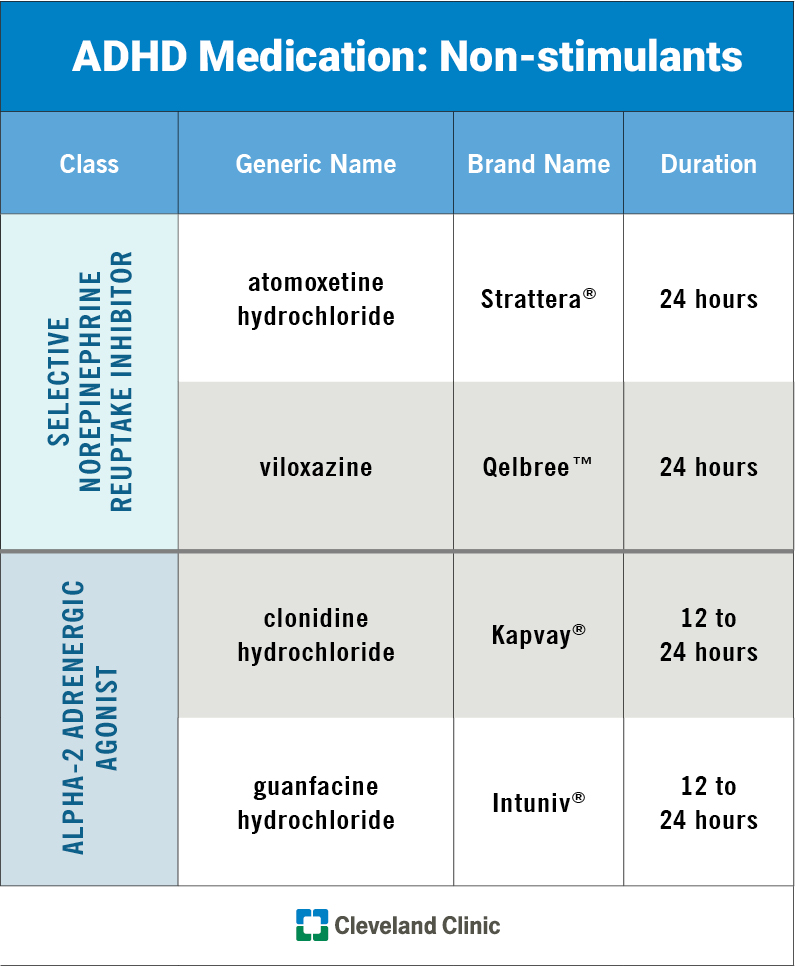Therapist for ADHD Professionals Offering Targeted Care
Therapist for ADHD Professionals Offering Targeted Care
Blog Article
Exploring Effective ADHD Treatment Options for All Ages
The complexities of Attention Deficit Attention Deficit Disorder Problem (ADHD) present special difficulties throughout different age groups, necessitating an extensive exploration of reliable therapy alternatives. A mix of behavioral therapies, pharmacological interventions, and way of living modifications has actually shown assurance in attending to the varied demands of people with ADHD. The efficiency of these methods can differ dramatically based on individual scenarios, increasing important questions concerning customized techniques. As we examine the range of treatment techniques readily available, it ends up being vital to take into consideration not only their instant influences but also their lasting implications for people and family members.
Understanding ADHD and Its Impact
Attention-Deficit/Hyperactivity Problem (ADHD) is a neurodevelopmental condition identified by consistent patterns of inattention, attention deficit disorder, and impulsivity that can significantly impact different aspects of an individual's life. It normally shows up in youth, although signs and symptoms can linger into their adult years. The core symptoms of ADHD can disrupt academic efficiency, impede social communications, and complicate work-related endeavors.
Individuals with ADHD frequently fight with preserving emphasis on jobs, arranging activities, and following up on directions, which can cause academic underachievement (Depression Treatment). In social contexts, impulsivity may result in difficulties in forming and sustaining partnerships, as individuals might interrupt conversations or make hasty decisions without taking into consideration consequences
The variability in sign presentation means that ADHD can influence individuals differently, demanding a personalized approach to administration. Comprehensive awareness of ADHD's nature and ramifications lays the groundwork for exploring suitable therapy alternatives tailored to each individual's requirements.
Behavioral Therapies for ADHD
Countless behavior modifications have been created to properly resolve the challenges connected with ADHD, concentrating on customizing certain behaviors and fostering necessary skills. Amongst the most identified techniques are cognitive-behavioral therapy (CBT), parent training, and social skills training.
CBT aids individuals determine and transform adverse idea patterns and actions, promoting a much more favorable overview and enhanced self-regulation. This treatment typically consists of sensible methods for handling impulsivity and boosting organization. Parent training programs empower caretakers by furnishing them with techniques to enhance favorable habits and established regular limits, which can be especially useful for children with ADHD.
Social abilities training is one more crucial element, teaching people with ADHD exactly how to interact efficiently with peers - Depression Treatment. This technique often involves role-playing and comments to improve communication, teamwork, and problem resolution skills
Incorporating these behavior modifications into an extensive treatment plan can significantly enhance functioning and lifestyle for people with ADHD. Eventually, the efficiency of these treatments depends on tailored approaches that consider the unique demands of everyone, therefore fostering resilience and flexibility in day-to-day live.
Medication Options Available
For many individuals with ADHD, medicine can play a considerable role in taking care of signs and symptoms and enhancing general functioning. The 2 primary classifications of medicines prescribed for ADHD are stimulants and non-stimulants.
Energizers, such as methylphenidate and amphetamine-based medicines, are the most typically utilized therapies. These medicines work by increasing the levels of neurotransmitters, particularly dopamine and norepinephrine, in the brain, which aids boost interest and decrease impulsivity and attention deficit disorder. They usually produce rapid outcomes, making them a preferred option for several individuals.

It is necessary for doctor to conduct a comprehensive analysis to establish the most suitable drug based on individual needs, case history, and possible negative effects. Routine follow-up and tracking are also critical to ensure the effectiveness of the selected treatment and to make any necessary adjustments.
Lifestyle Adjustments to Consider
Taking care of ADHD effectively prolongs past drug, as way of life adjustments can significantly boost overall wellness and signs and symptom control. Including structured Go Here routines is crucial; regular timetables assist people with ADHD handle their time effectively and symptoms of depression in children minimize feelings of overwhelm.
Regular exercise is another essential component. Workout not only aids to improve focus yet likewise improves state of mind and decreases stress levels. Activities such as yoga or team sporting activities can be specifically beneficial, promoting both physical fitness and social communication.
Nourishment also plays an essential role. Depression Treatment. A balanced diet regimen rich in omega-3 fats, whole grains, and lean healthy proteins can add to boosted emphasis and cognitive function. Limiting sugar and refined foods is suggested, as these can aggravate hyperactivity and impulsivity
Rest health is crucial for managing ADHD symptoms. Establishing a normal rest schedule and developing a relaxed environment can improve sleep top quality, resulting in better interest and psychological policy.
Alternative and Alternative Approaches
Alternative and alternative approaches to ADHD therapy provide a varied series of alternatives that enhance standard methods. These approaches frequently concentrate on way of life alterations, dietary interventions, and healing techniques that aim to improve overall health while addressing ADHD signs and symptoms.

Mindfulness and behavior modifications are also acquiring traction as holistic interventions. Practices such as yoga exercise, reflection, and cognitive-behavioral treatment can grow self-regulation and enhance attention. These techniques sustain psychological strength, which is specifically helpful for individuals with ADHD.
Organic supplements, such as ginkgo biloba and ginseng, are in some cases discovered; however, it is important to speak with healthcare experts before including these right into treatment strategies. While option and all natural strategies can give useful support, company website they must preferably be made use of in conjunction with evidence-based therapies to achieve ideal results for handling ADHD across all ages.
Verdict
In recap, reliable ADHD therapy requires a thorough method that consists of behavioral treatments, drug, way of living alterations, and alternative methods. This diverse strategy highlights the significance of individualized treatment in resolving the varied requirements of people with ADHD across all age groups.
Report this page